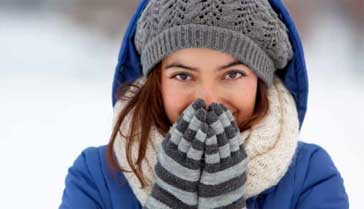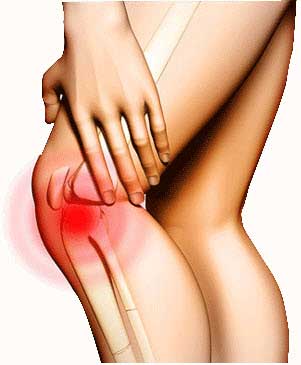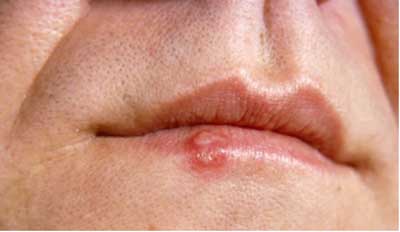Health Issues that Get Worse During Winters
Winters are loved by some and hated by others. But there are a few health issues that are more prevalent during winters. It is better if we have knowledge regarding them and take the necessary precaution to prevent them.

Health Issues that Get Worse During Winters
Below is the list of diseases along with preventive measures.
1. Cold- Cold is common during winters. It is characterized by running nose, nasal congestion, cough, muscle pain, sneezing, postnasal drip, watery eyes, fatigue, fever, and headache.
There is nothing serious about it and in a week or so the symptoms subside. But the discomfort caused during the period of illness may cause irritation, and affect your work. It may be a reason of absence from school and work.
To prevent common cold and flu, wash your hands before and after eating and also after regular intervals. Wear warm clothes, keep clothing and other household items clean. Dispose tissues after using. Teach children not poke their nose and take fingers in their mouth.

Cold
2. A sore throat- A sore throat is very common in winter. It is characterized by pain and inflammation in the throat along with other common symptoms of a cold such as fatigue, muscle pain, fever, cough, runny nose, etc. It is a viral infection and the patient usually recovers in a week.
To prevent it avoid drinking cold water, do not change location instantly from the warm indoors to cold outdoors and maintain hygiene.
If you are suffering from a sore throat try to gargle with lukewarm water several times in a day.

A sore throat
3. Asthma- If you are asthmatic, then be alert. The cold and dry air of the winters may aggravate your condition. Common symptoms of asthma are shortness of breath, wheezing respiration and cough.
Better to remain indoors during dry, cold windy days. If you have to go out make sure to cover your nose, ear and mouth with a scarf. Take your medicines regularly and discuss your asthma plan with your doctor. Also, carry an inhaler with you all the time.

Asthma
4. Stomach infection- There is a microorganism known as winter vomiting bug that may upset your stomach and cause infection of the stomach. It commonly spreads in hotels and schools. To prevent it better avoid eating and drinking outside and wash your hands at regular interval. If you get stomach infection, make sure to drink plenty of water to prevent dehydration.

Stomach infection
5. Joint pain- During winters the patients of arthritis complaint of more joint pain. Stiffness and pain of the joint increases during winters. Better maintain a regular exercise regime and wear cotton socks and warm clothes. Do not walk bare feet on the marble floors in winters.

Joint pain
6. Cold sores-Cold sores are also known as fever blisters. They are common when the body is stressed or immunity is down. To prevent this taken care of your diet during winters. Drink plenty of water. Eat lots of fruits and vegetables and take proper rest.

Cold sores
7. Heart attack- Yes, the incidence of heart attack is more during the winters. The reason behind this is that blood pressure rises because of cold snaps. This may put your heart on the strain. To prevent heart attack better stay at home during cold windy weather. If you have to step out better cover yourself properly with warm clothes. And also maintain a temperature of 18-degree Celsius in the room.

Heart attack
8. Dry skin- Dry skin is very common in winters. If you do not give it proper attention, then it may cause itching and scratching may cause inflammation. Apply skin moisturizers after bathing and before going to bed and keep your skin moisturized. Do not take bath with hot water. Make sure the water is just warm.

Dry skin

















































